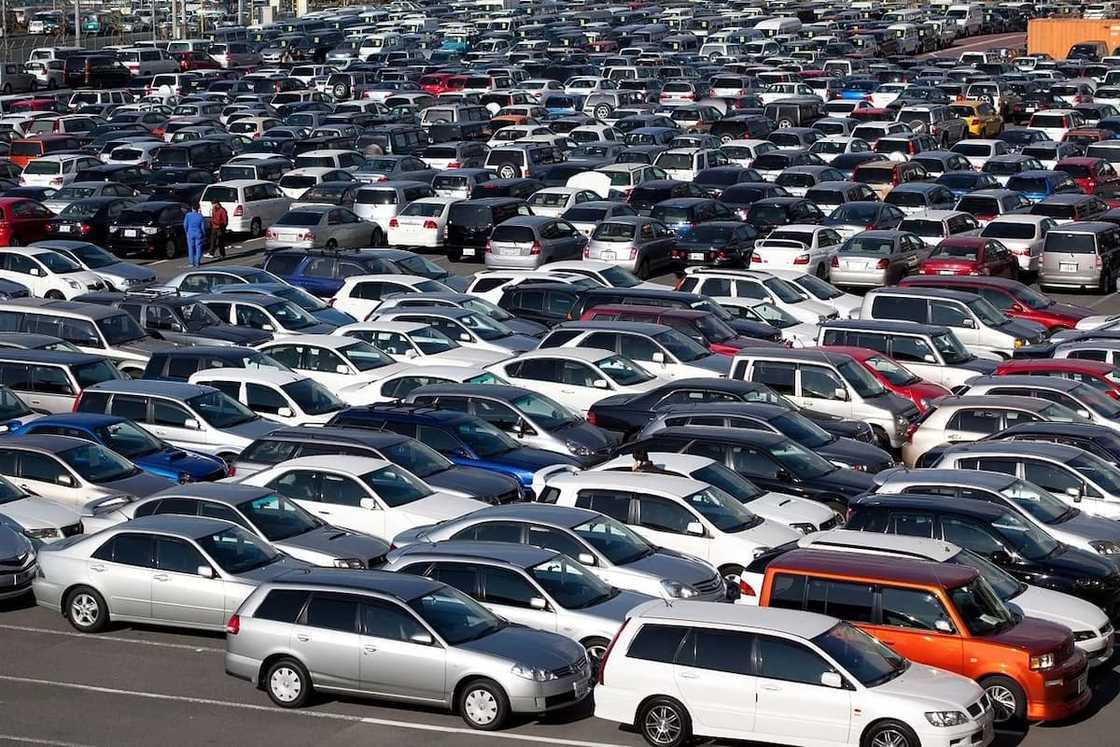
Importers and dealers of second-hand cars in Kenya are staring at losses that could run into millions of shillings, on the back of delays in deliveries at the Port of Mombasa.
This is as a result of longer shipping time occasioned by disruption in the Red Sea as a result of the Houthi Rebels attacks which have now lasted a year, forcing shipping lines to continue re-routing to the Cape of Good Hope (South Africa), before coming up to the East.
For instance, there has been an increased transit time between Mombasa and key global ports from an average 24 days to 40 days, with some ships taking even longer as they call at different ports before the final destination.
According to the Kenya Bureau of Standards (Kebs), vehicles exported to Kenya shall be expected to comply with the eighty-year rule, which includes having a Certificate of Roadworthiness issued by Quality Inspection Services Inc. Japan (QSJ,) which is an inspection company contracted by Kebs.
“Any vehicle registered in 2017 or earlier, arriving after December 31, 2024 will be deemed not compliant and shall be rejected at the importer’s expense,” Kebs managing director Esther Ngari said in a notice issued on November 28.
With only 26 days to go before the December deadline for 2017 units, which locks out vehicles older than eight years under Kenya’s second-hand rule, dealers are now worried the country could experience one of the worst incidences on failure to have units cleared on time.
“It could be worst than what we have seen before because unlike previous years where we would make early orders and have then arrive on time, voyages nowadays are unpredictable following the global supply chain disruption. We are seeking engagements with government to see how to avert losses,” Car Importers Association of Kenya national chairman, Peter Otieno, told the Star yesterday.
The last time importers were hit by losses on late imports was in 2014, when more than 2,000 used motor vehicles registered in 2006 were locked out of the country.
Since then, importers have been beating the deadline with no major lockout reported, save for 2020 when the Covid-19 pandemic struck.
During the year, more than 18,000 units manufactured in 2013 arrived late as a result of the pandemic’s disruption in the shipping industry.
The government allowed clearance
of units whose delays were solely as
a result of shipping delays.












